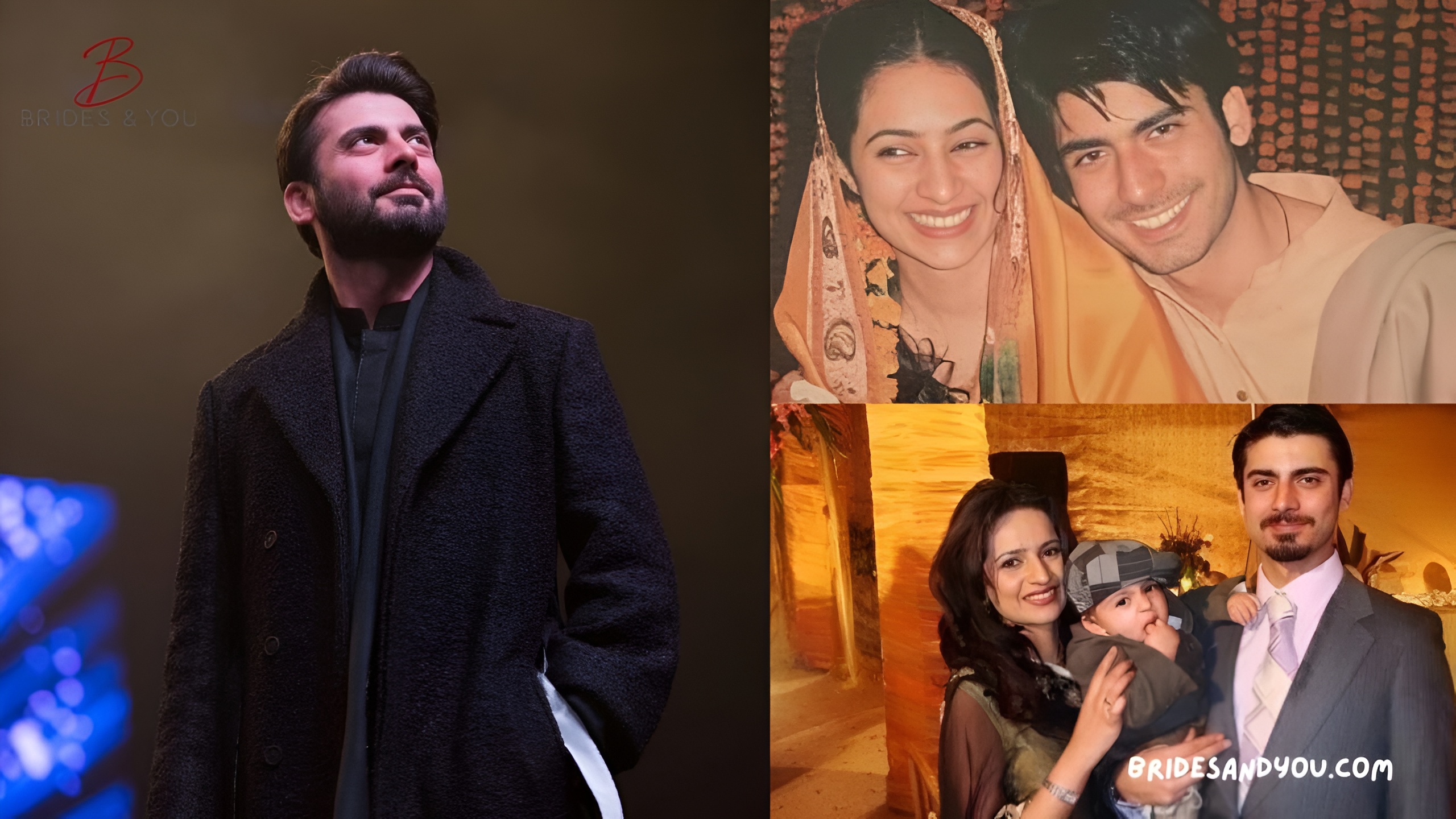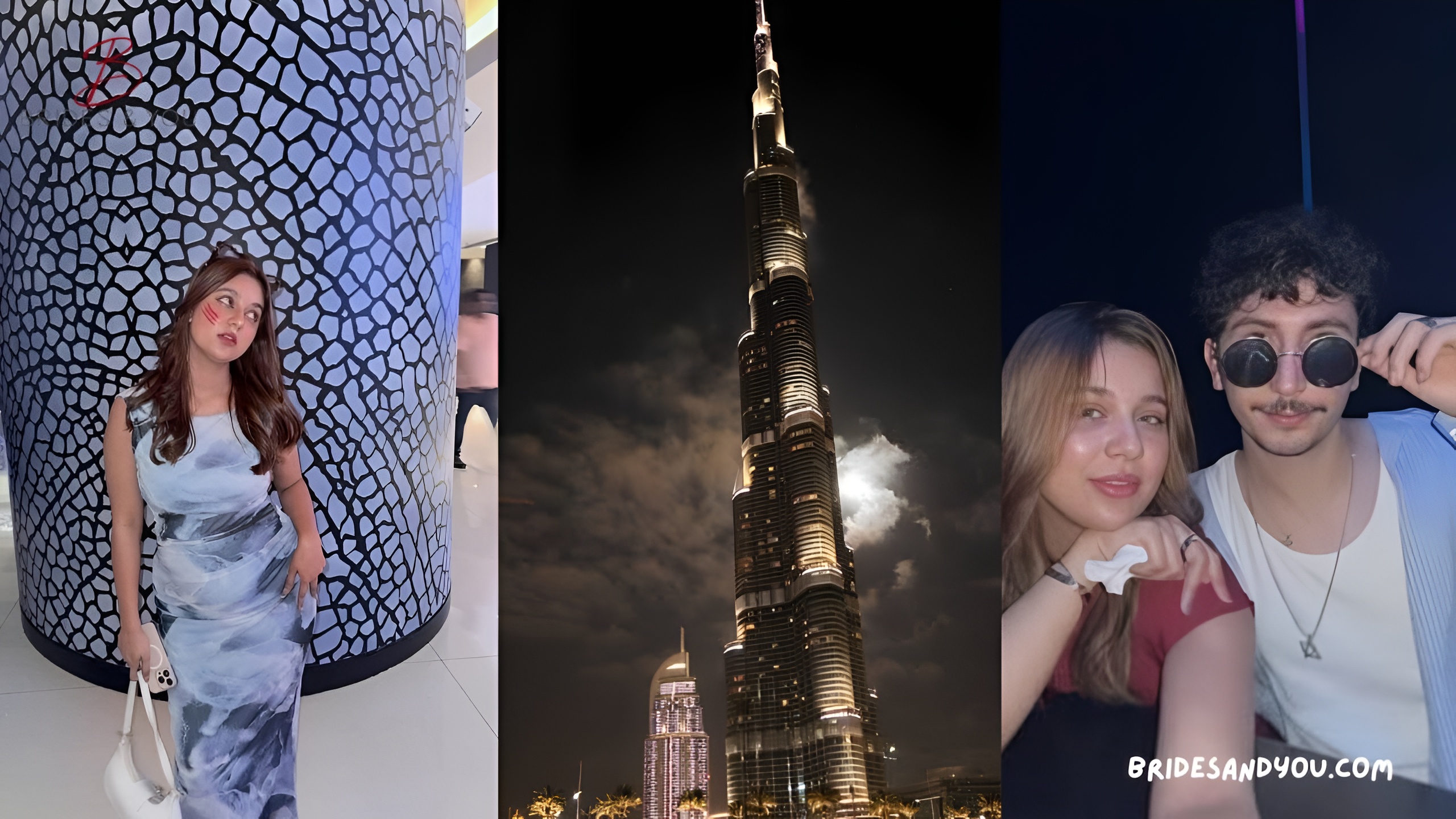Now Reading: Dharmendra Death News: Bollywood & Pakistani Stars Mourn the Legendary He-Man
-
01
Dharmendra Death News: Bollywood & Pakistani Stars Mourn the Legendary He-Man
Dharmendra Death News: Bollywood & Pakistani Stars Mourn the Legendary He-Man
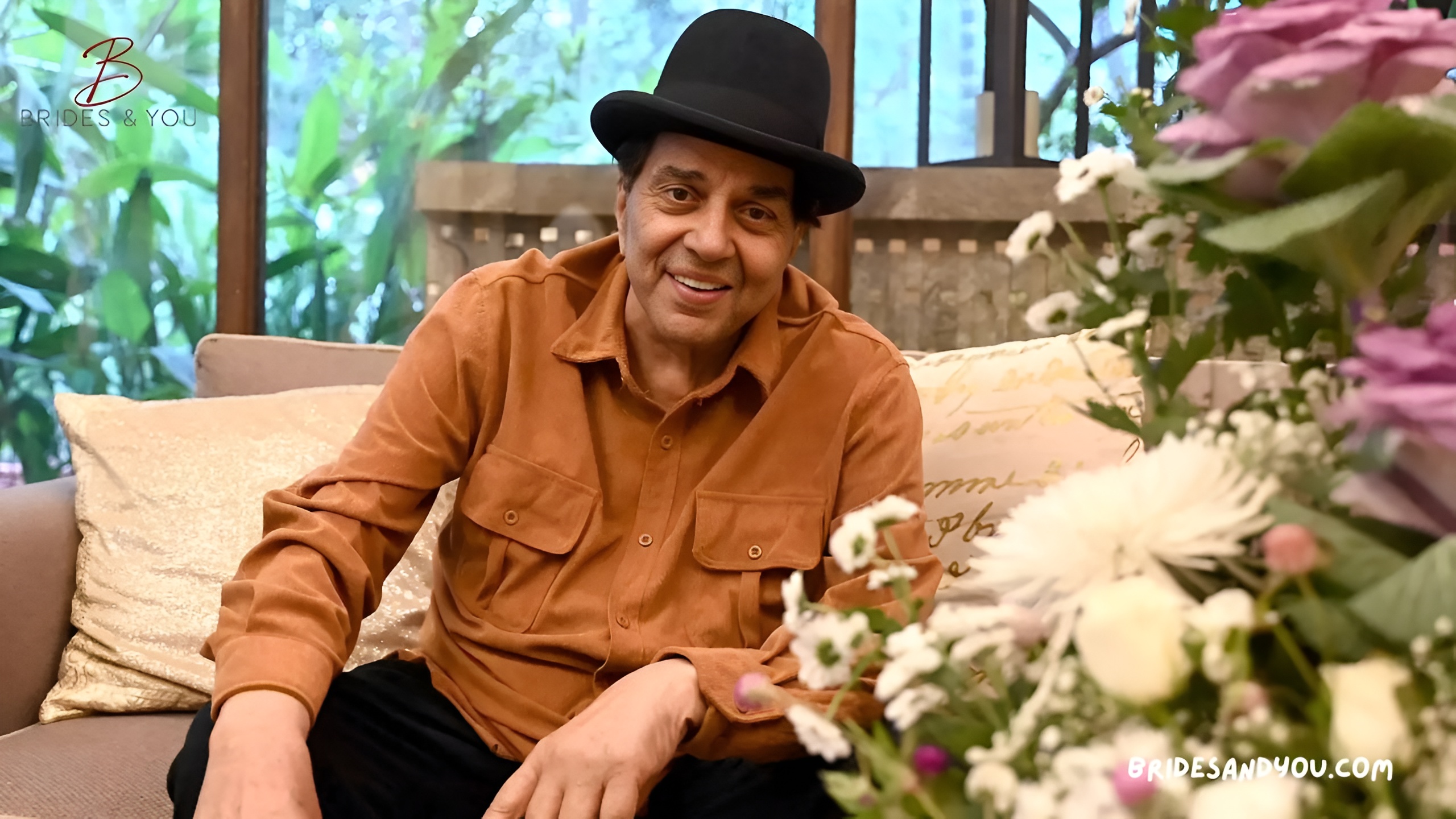
Bollywood veteran Dharmendra Deol, lovingly known as the He-Man of Indian cinema, passed away in Mumbai at the age of 89. His death has left millions heartbroken, with tributes pouring in from India, Pakistan, and across the world. The news became a defining moment in the entertainment industry, marking the loss of one of cinema’s most cherished icons.
Dharmendra had been facing several health complications, including serious respiratory issues. Earlier this month, he was hospitalised, and although reports of his recovery brought hope, his passing has now confirmed the end of an extraordinary era.
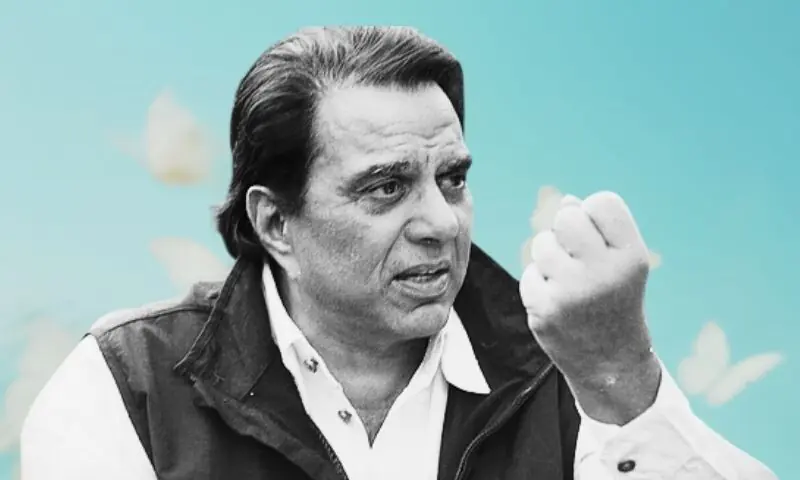
Dharmendra’s Cinematic Legacy Spanning Six Decades
In every conversation about Indian cinema, Dharmendra’s name shines among the brightest stars. His journey in film began in 1960, and in over 60 years, he worked in more than 300 films, shaping both Bollywood’s golden era and its evolving generations.
His iconic roles in Sholay, Seeta Aur Geeta, Chupke Chupke, Anupama, Phool Aur Patthar, and Dharam Veer continue to live in the hearts of fans. Whether he was playing a romantic hero, a comic character, or an action star, Dharmendra’s on-screen charm remained unmatched.
His final film, Ikkis, is set to release this December, making it a posthumous farewell gift from the legend himself.
Confusion Before Confirmation: Rumours and Reality
On November 10, rumours about Dharmendra’s death circulated online, but his family dismissed them after his hospital discharge. This caused widespread confusion among fans. However, when news of his passing surfaced this time, the confirmation arrived with heartbreaking clarity. Across social media, fans, journalists, and fellow actors mourned the loss together.
Bollywood’s Emotional Farewell to its He-Man
The Indian film fraternity expressed deep grief, remembering Dharmendra as an artist who brought love, strength, and authenticity to the screen. His colleagues described him as warm, grounded, and full of life — someone who touched people far beyond the world of films.
Pakistani Celebrities Join in Mourning Dharmendra
Dharmendra’s influence reached far beyond India. He had a special place in the hearts of Pakistani fans and celebrities who admired him not only for his talent but also for his kindness.
After Dharmendra death news broke internationally, several Pakistani stars shared heartfelt tributes.
Reema Khan’s Heart-touching Tribute
Reema Khan, who met Dharmendra in 2004, wrote an emotional note saying:
“Cinema just lost its heartbeat. His light will never fade.”
Her words reflected the sentiments of millions who grew up watching Dharmendra’s timeless performances.
Rahat Fateh Ali Khan Shares a Personal Memory
Legendary musician Rahat Fateh Ali Khan posted a photograph with Dharmendra and expressed his deep respect for the actor:
“His journey, his art, and his timeless grace touched millions of hearts around the world. A true legend never dies he lives forever through his legacy.”
This tribute beautifully captured the global love Dharmendra commanded.
Mahira Khan Pays Respect Through Memories
Mahira Khan, one of Pakistan’s most loved actresses, shared photographs of Dharmendra on her Instagram story. Her gesture was simple but meaningful, showing how deeply his work touched people across borders.
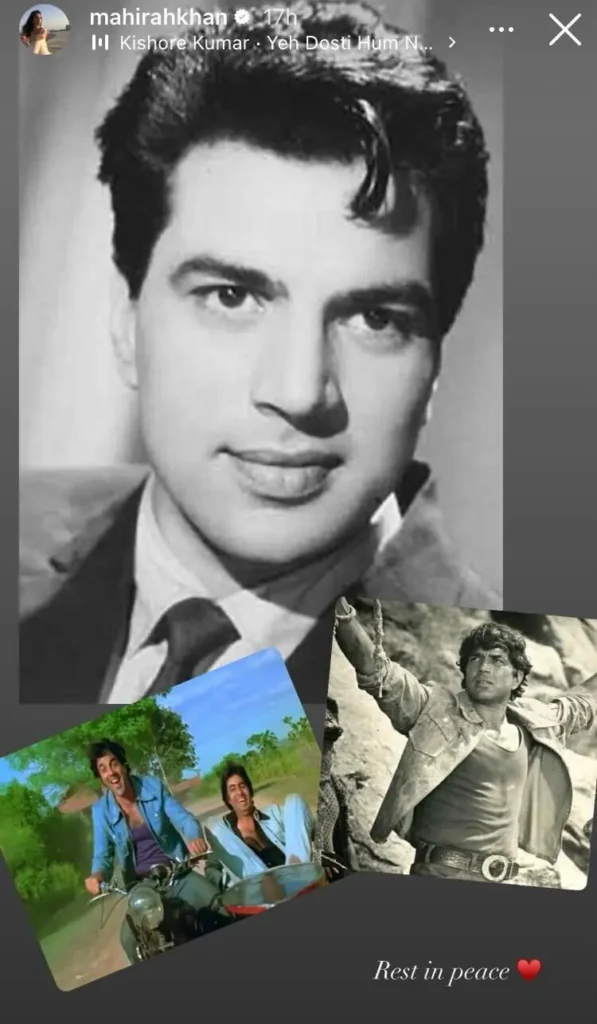
Adnan Siddiqui’s Moving Words for Dharmendra
Actor Adnan Siddiqui wrote a heartfelt message, praising Dharmendra’s effortless charm and signature warmth:
“He made acting look effortless, like he was born for the screen — because he was. That rare mix of softness, those drop-dead gorgeous looks, and that signature twinkle in his eyes.”
He further described Dharmendra as a rare combination of soul, style, and sincerity, proving how deeply respected the star was throughout South Asia.
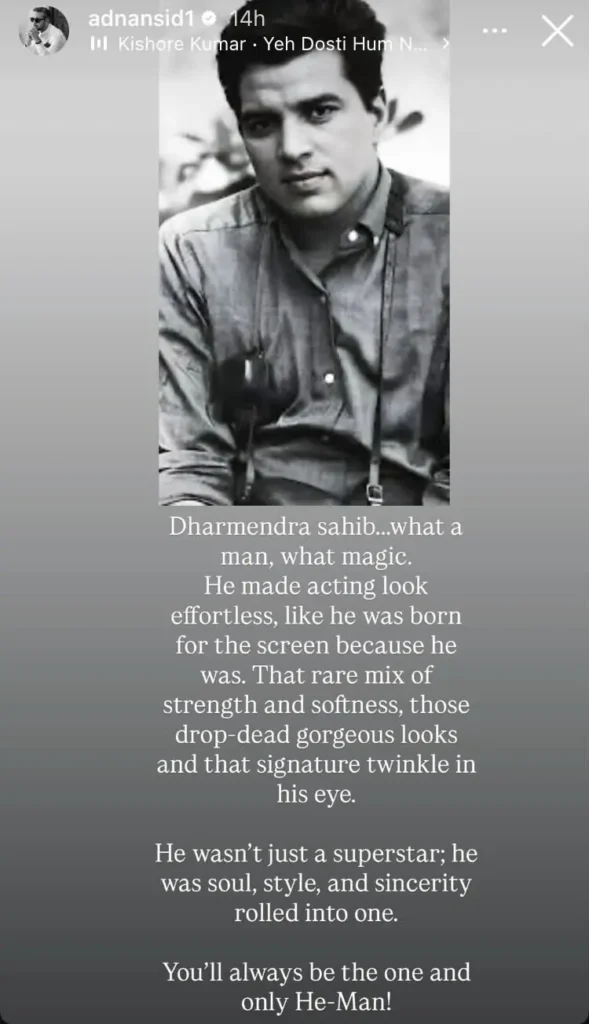
Anoushey Ashraf Reflects on a Golden Era
Host Anoushey Ashraf remembered Dharmendra as a hero adored by the older generations. She spoke about the time he came from a period marked by simplicity, kindness, and real human connection.
Her words reminded fans of how Dharmendra’s films brought families together, especially in the decades when cinema shaped cultural identity.
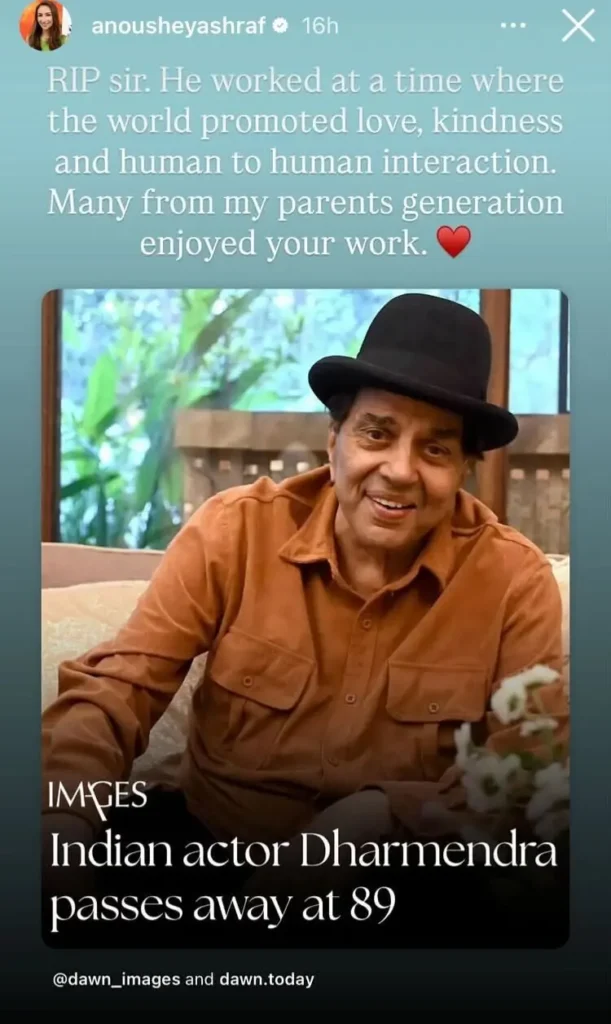
Dharmendra’s Love for Pakistan: A Bond Beyond Borders
One of the most shared moments after the actor’s death was a viral clip where Dharmendra described Pakistan as his “mausi maa” (mother’s sister). This heartfelt expression won millions of hearts.
In the same clip, he wished for peace between India and Pakistan, saying:
“If India is my mother and Pakistan is my mother’s sister, imagine the peace we children would have if the two embrace each other.”
His message of unity touched people deeply, reminding us that art knows no boundaries and love always finds its way.
Why Dharmendra Will Always Be Remembered
Dharmendra’s death marks the end of a cinematic chapter, but his influence will continue through:
- Timeless films
- Generational admiration
- Cross-border love
- His warm and humble personality
He was more than a hero; he was a symbol of powerful storytelling, real emotions, and an era that celebrated genuine filmmaking.
Even in his passing, he managed to unite fans from India, Pakistan, and the global film community.
Conclusion: A Legend Lives On
Although Dharmendra death news has left millions grieving, his legacy will continue to shine brightly. Fans and celebrities from Pakistan and India paid tribute not only to a superstar but to a man who embodied kindness, humanity, and timeless charm.
Dharmendra may no longer be with us, but as Rahat Fateh Ali Khan beautifully said — “A true legend never dies.”
His films, his memories, and his message of peace will stay alive forever.




